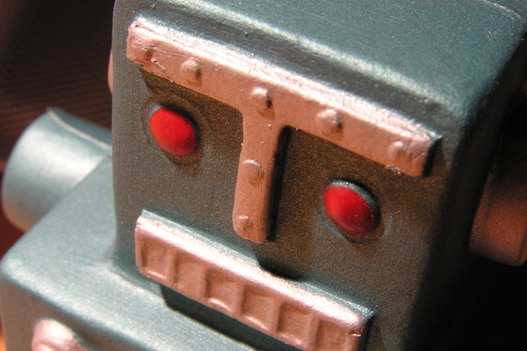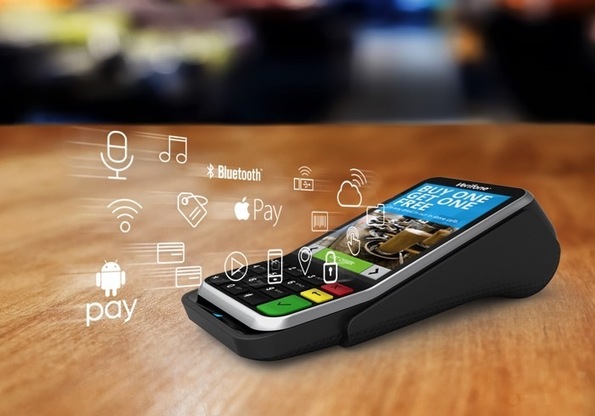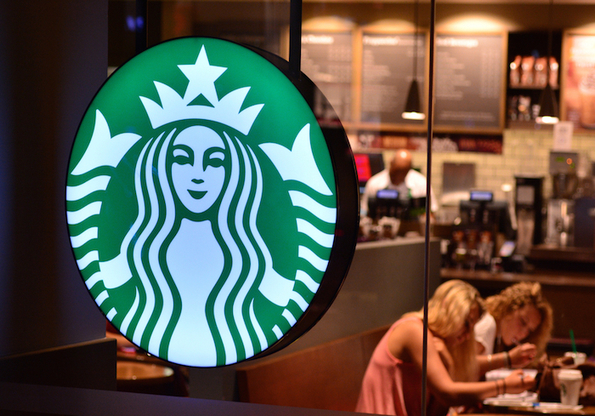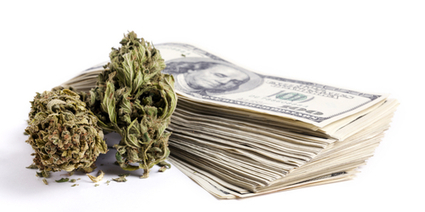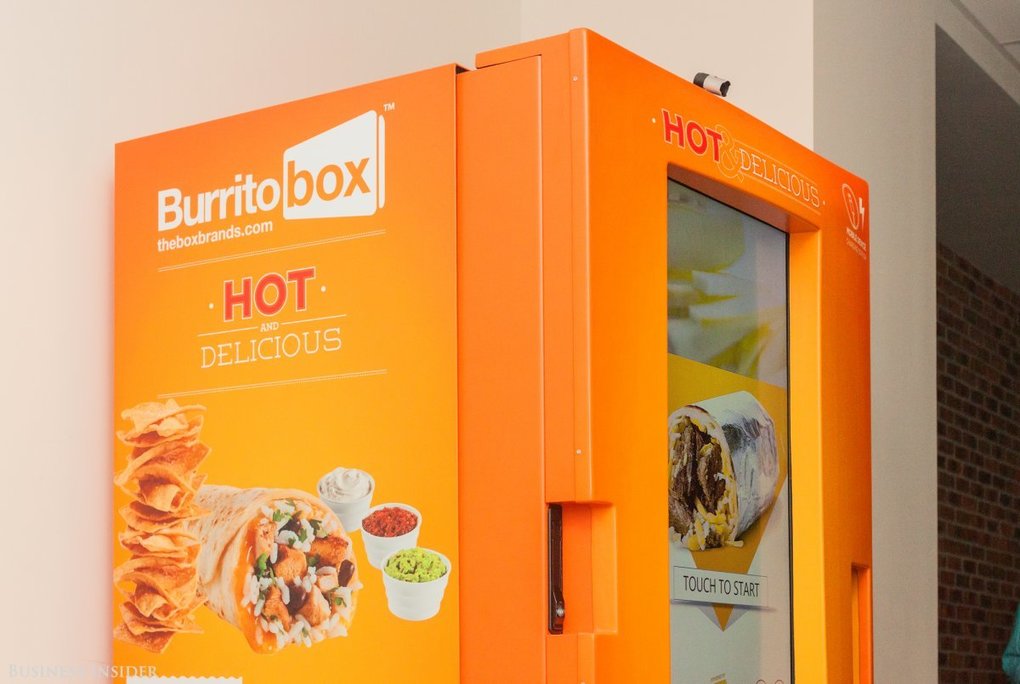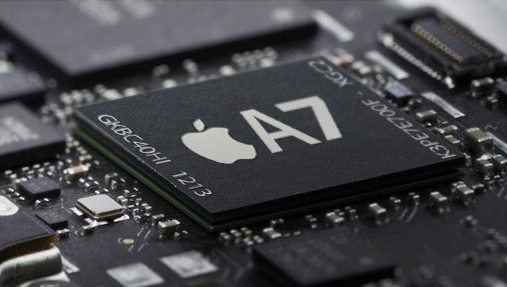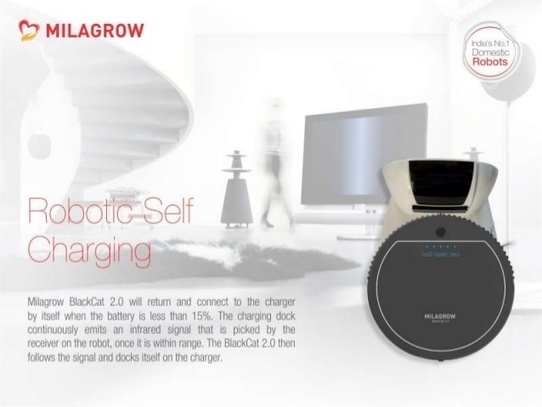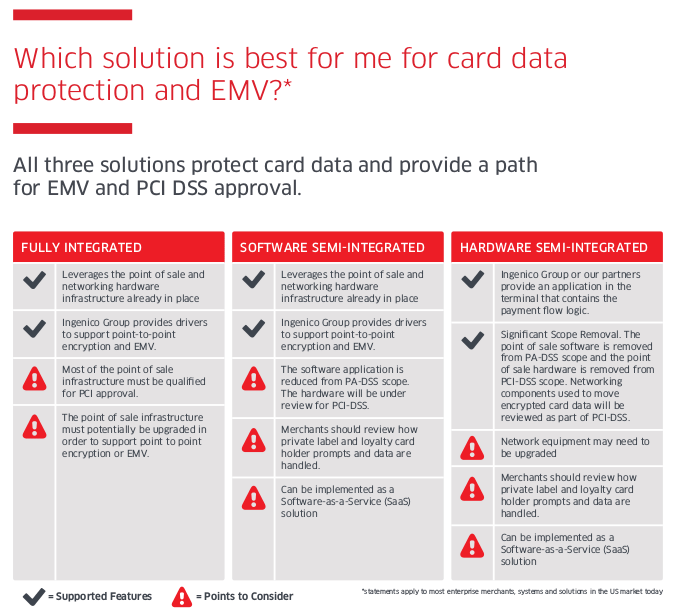Robotics, automation play a big role in Gartner’s top 10 predictions
According to Gartner’s annual top-10 list of strategic predictions, robots, robotic systems and automation will have an expanding role.
Source: www.cio.com
More on the article link but here are top three predictions:
Here are Gartner’s predictions:
1. Writers will be replaced. By 2018, 20% of all business content, one in five of the documents you read, will be authored by a machine, Plummer said.
“Robowriters” are already producing budget reports, sports and business reports, and this trend is sneaking in without notice. One advantage for machines: They don’t have biases or emotional responses, he said.
2. By 2018, 6 billion connected things will be requesting support. These non-human “things” are nonetheless customers requesting services and data, and other methods of support. Marketing to them (and by extension their human owners) can help build a business.
3. By 2020, autonomous software agents outside of human control will participate in 5% of all economic transactions. Smart algorithms are already beginning to perform transactions without our help.

